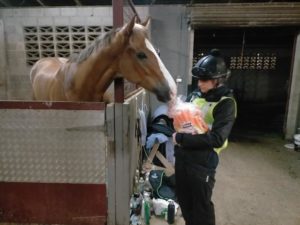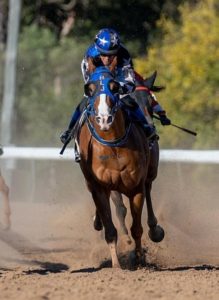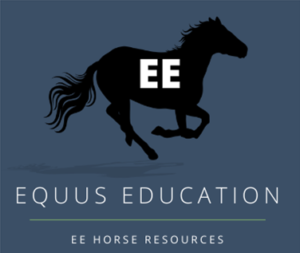Retired national park warden Rob Kaye talked with Equus Education recently about his career. He is now also an author.
How much of your day/week is related to horses?
Almost all my backcountry patrol was carried out with my three trusted friends and working companions – my horses (one riding and two packing). Most of my backcountry patrols were between 10 and 17 days into the wilderness of Jasper National Park.
The packhorses carried all my gear. I lived out of dozens of small warden log cabins situated throughout Jasper National Park’s 11,228 square kilometres of wilderness while in the backcountry.
What is it exactly that you do?
I am twelve years into my retirement.
For most of my career my duties were split into 4 functions –
- Resource Management (wildlife management, fire management, fisheries management, vegetation management, and environmental assessment),
- Public Safety (search and rescue, visitor safety planning, and avalanche control in the winter),
- Law Enforcement, (Enforcing the National Parks Act)
- Public Relations (day-to-day contact with the visiting public and interpretive programs).
We worked in both the backcountry (1 to multiple days travel from trailheads) and the frontcountry (which we also called the high-visitor use areas).
In this field of work, is it possible to be a full-time professional and earning a liveable income?
Yes, it is, however in many cases new recruits will have 4 to 6 month seasonal positions. If they make the grade they’ll eventually be hired on permanently.

What are the general steps taken to be employed in such a role?
When I started my career in the 1970s, a minimum two year post-secondary education was mandatory. I completed a two-year Biological Sciences program. In the past decade or so, a minimum four-year post-secondary education is required.
Profile On: Rob Kaye, National Park Warden
In addition to the academic requirements, and perhaps most importantly, is a very high level of outdoor skills in the natural environment.
Favourite horse memory?
Oh! Too many. Every day with my horses was a day in paradise. The horses saved my bacon many times.
The closest call I had was when crossing a very wide, raging river in spring flood while on a day ride with my horse (the two pack horses were left behind in the grazing meadows near the backcountry warden cabin). The swiftly flowing river was up to the horses belly soon after I committed to the crossing. Then he hit a deep hole, losing his footing.
The current quickly took us away. My horse was struggling to keep above water. I quickly slipped out of the saddle into the water and hung on to the saddle horn. Miraculously, with much struggling at right angles to the flow of the current, my trusted friend got us back to shore. This was a crossing I never should have attempted.
Best thing about your sport/profession?
Since the time I was very young, my parents gave me free rein to explore the natural world in our national park. I always felt at one with nature. That connectedness with my natural surroundings led me to a career protecting and preserving our natural environment. It was everything I wanted in life.
And as a bonus, I was able to work with wildlife and my favourite domesticated animal – horses. Having the horses as my working companions was a dream come true.





